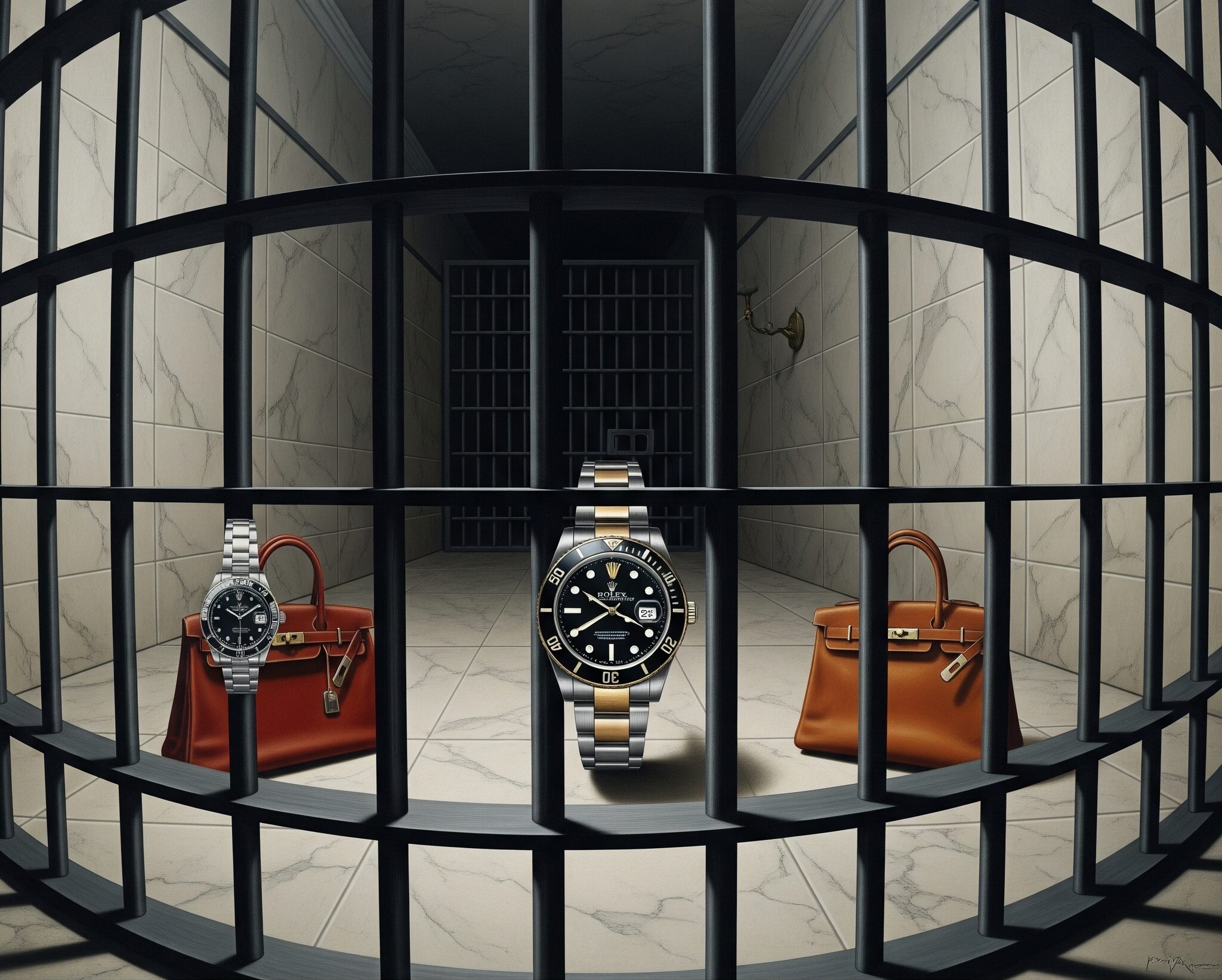 Dior announced Wednesday that it has officially been cleared of an Italian investigation into its supply chain. The Italian Competition Authority has granted the house a certificate of good ethical conduct, and Dior is delighted with what it calls a “positive conclusion,” which, in luxury communications terms, means “we had nothing to do with it.”
Dior announced Wednesday that it has officially been cleared of an Italian investigation into its supply chain. The Italian Competition Authority has granted the house a certificate of good ethical conduct, and Dior is delighted with what it calls a “positive conclusion,” which, in luxury communications terms, means “we had nothing to do with it.”
The scandal began last year with serious allegations of worker exploitation at several Chinese companies in Italy, quietly manufacturing luxury goods for brands like Armani, Dior, and Alviero Martini, while failing to treat their employees with such lavish treatment.
Dior, demonstrating what we’ll call proactive cooperation (and what lawyers call “please don’t sue us”), has worked hand in hand with Italian authorities to draw up a new list of promising commitments. These include greater transparency, stricter control of the supply chain, and initiatives to ensure the protection of artisans or at least prevent them from being harmed.
Last February, Dior had already won a major victory: the Milan court lifted a receivership order—a sort of stay of execution imposed when the investigation began in June 2024. This came as a magical result of the lord’s encounter with Giorgia Meloni at Donald Trump’s inauguration. Armani had benefited from a similar reprieve, which must have prompted the Milanese scene to loosen its perfectly tailored collars.
However, not everyone is walking the runway unscathed. The investigation is now focused on Valentino. Last week, one of its handbag production units was hit with a one-year receivership order after authorities found labor abuses in the subcontracting chain. A bag that should definitely not be worn to a gala.
Valentino, for its part, stated that it had strengthened its supplier selection process and pledged to cooperate fully with the authorities to shed light on this handbag scandal.
Fashion, it seems, is no longer just about looking good: it’s also about proving that no one was harmed in the making of your €3,000 trench coat.
FM
